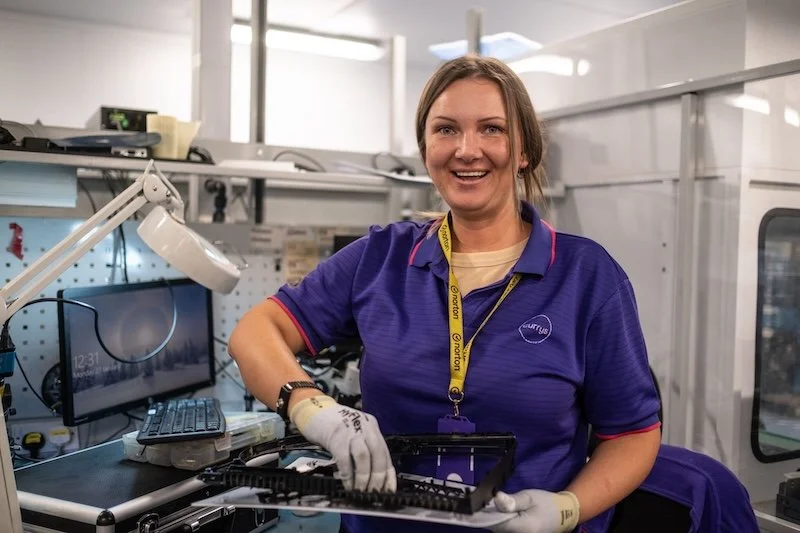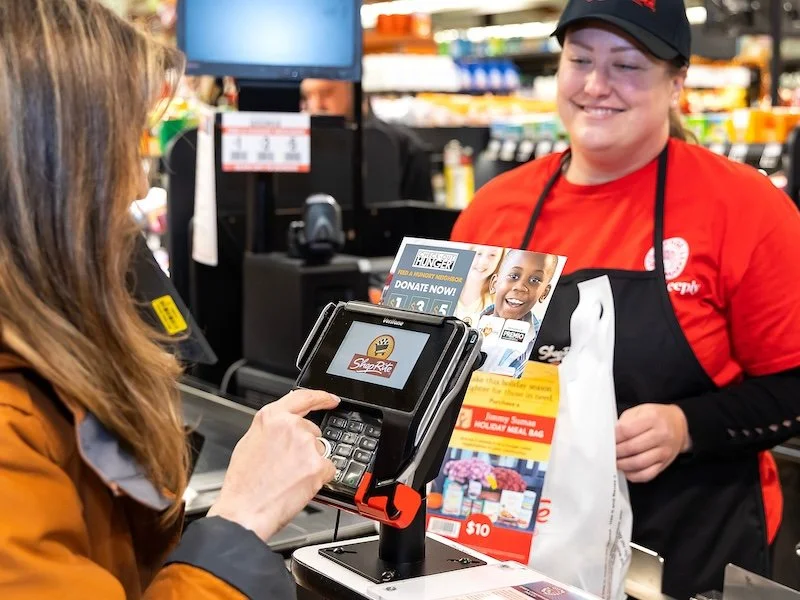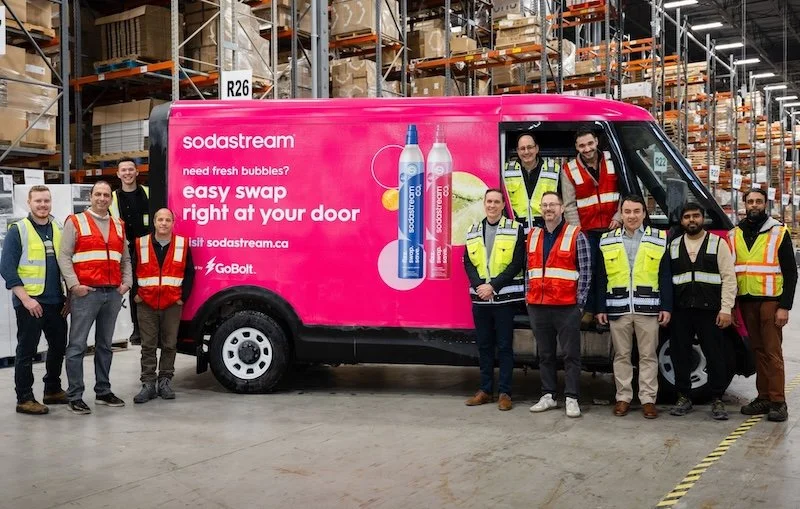Currys CITO Andy Gamble: retailers’ addiction to data is killing the magic of human intuition and originality
As retailers become increasingly data driven, they risk losing the very thing that makes them stand out or relevant: their creativity. So says Andy Gamble, Chief Information & Transformation Officer (CITO) at Currys.
In an online post, he says: “With the rise of Big Data, AI, and machine learning, retailers have gained unprecedented access to insights about customer behaviour, preferences, and purchasing patterns.”
“While these tools have certainly revolutionised the industry, many retailers are now facing an unintended consequence: an over-reliance on data and algorithms is stifling creativity, leading to homogenised experiences that lack the magic of human intuition and originality.”
From personalised product recommendations to supply chain optimisation, data has become an essential tool for driving efficiency, predicting trends, and meeting customer expectations.
Gamble comments: “We use it extensively in our day jobs across my team at Currys. Customers leave a digital trail that retailers like us are eager to follow, using everything from purchase history and website behaviour to location data and social media activity to tailor our offers and ensure a more personalised experience.”
“The promise of data is compelling: right product, right customer, right time. It benefits all and is a formula that, in theory, should drive higher sales and customer satisfaction. And, in many ways, it has. Retailers that master data analytics often report higher conversion rates, improved inventory management, and better-targeted marketing efforts.”
Creativity, however, is being sidelined. The problem is that algorithms and data models, while efficient, are inherently backward looking, Gamble argues.
They predict future behaviour based on past actions, meaning they rely on patterns and trends that have already happened. This focus on the predictable leaves little room for the unexpected, the bold, or the creative.
While some might suggest that Generative AI is the solution to this lack of inspiration, it is important to remember that at their core Gen AI models are probabilistic engines. They will hew to established patterns and structures, which is why, while an essay generated by ChatGPT might sound plausible, it is unlikely to be particularly original or thought-provoking.
In this same vein, many retailers are no longer taking risks. They’re following the data, and in doing so, they are missing out on opportunities to create something truly new. The consequence? A retail landscape that’s increasingly safe, predictable, and frankly, a bit boring.
Another effect of data obsession is the rise of hyper-personalisation, Gamble believes.
“Retailers now have the ability to tailor every aspect of the customer experience - from the ads you see to the products recommended when you visit a website. While personalisation has its benefits, there’s a fine line between a personalised experience and one that feels intrusive or creepy. We’ve all had that conversation over a weekend and then somehow been targeted with ads on our social feeds relating to that same subject!”
He adds: “When every interaction is guided by data, customers may start to feel like they’re being watched or manipulated. Many consumers have expressed discomfort with how much retailers know about them, and this can erode trust. Instead of enhancing the customer experience, hyper-personalisation can alienate shoppers, making them feel like they’re being treated as data points rather than individuals.”
Currys tries to avoid this by relying on its colleagues and their ability to create a real connection with customers.
“Without expert colleagues - every product recommendation can feel like an algorithmic decision based on past purchases, and leave little room for discovery or surprise. Retail should be about the joy of finding something unexpected, TK Maxx and The TJX Companies have made an entire business from this model - but data driven personalisation is turning shopping into a formulaic exercise.”
While data is a powerful tool, it should be used as a guide rather than a dictator.
What’s missing from the “current retail conversation is the value of intuition, gut instinct, and creativity. Some of the most iconic retail moments - whether it’s the launch of a new fashion trend, a viral marketing campaign like the Currys recent Gen Z sensation, or the opening of an experiential store - have come from human insight and creativity, not from following the data alone.”
“Creativity allows retailers to take risks, to innovate, and to differentiate themselves in an increasingly crowded market. It’s the elements that data can’t predict - the ability to surprise and delight customers in ways that go beyond algorithms. While data can tell you what customers have done in the past, it can’t always tell you why they did it or how to inspire them in the future.”
2024 RTIH INNOVATION AWARDS
Data management is a key focus area for the sixth edition of the RTIH Innovation Awards, which is now open for entries.
The awards, sponsored by CADS, 3D Cloud, Brightpearl by Sage’s Lightning 50, and Retail Technology Show 2025, celebrate global tech innovation in a fast moving omnichannel world.
Key 2024 dates
Friday, 25th October: Award entry deadline
Tuesday, 29th October: 2024 shortlist revealed
30th October-6th November: Judging days
Thursday, 21st November: Winners announced at the 2024 RTIH Innovation Awards ceremony, to be held at RIBA’s 66 Portland Place HQ in Central London.































Continue reading…